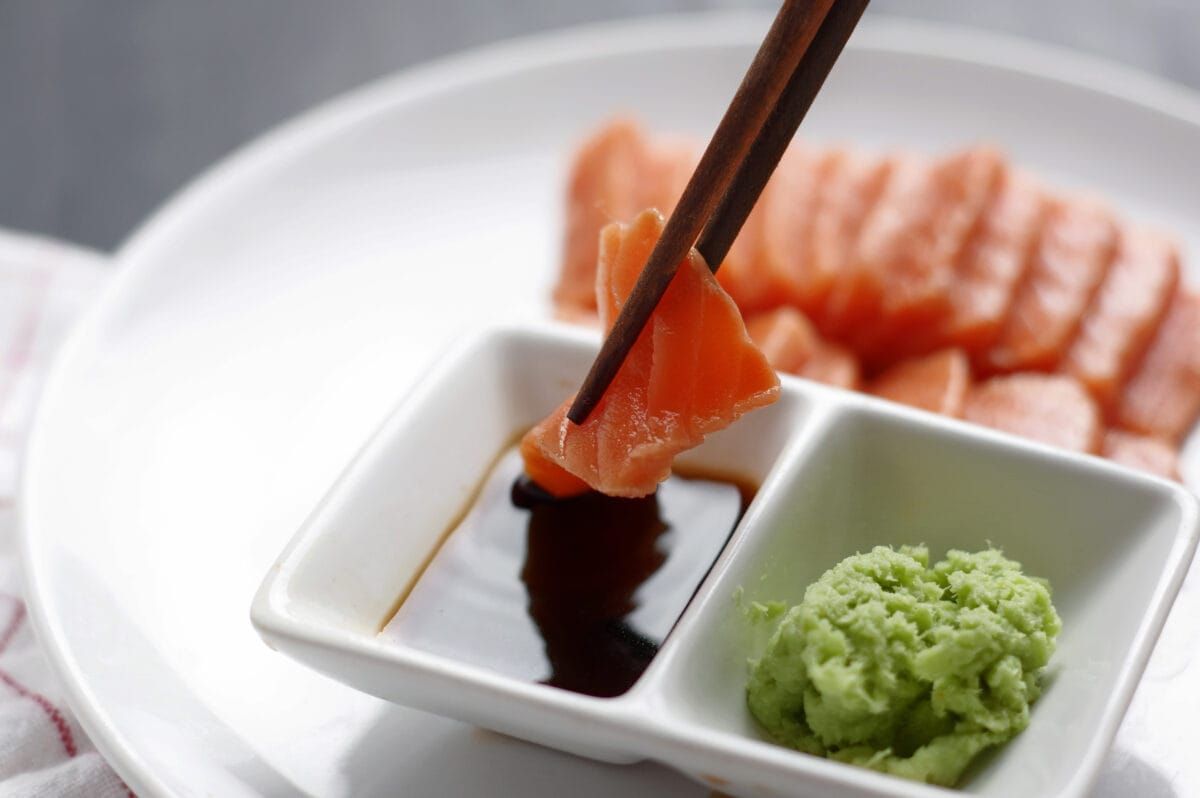As it turns out, Wasabi is good for more than just enhancing the flavor of your favorite sushi roll.
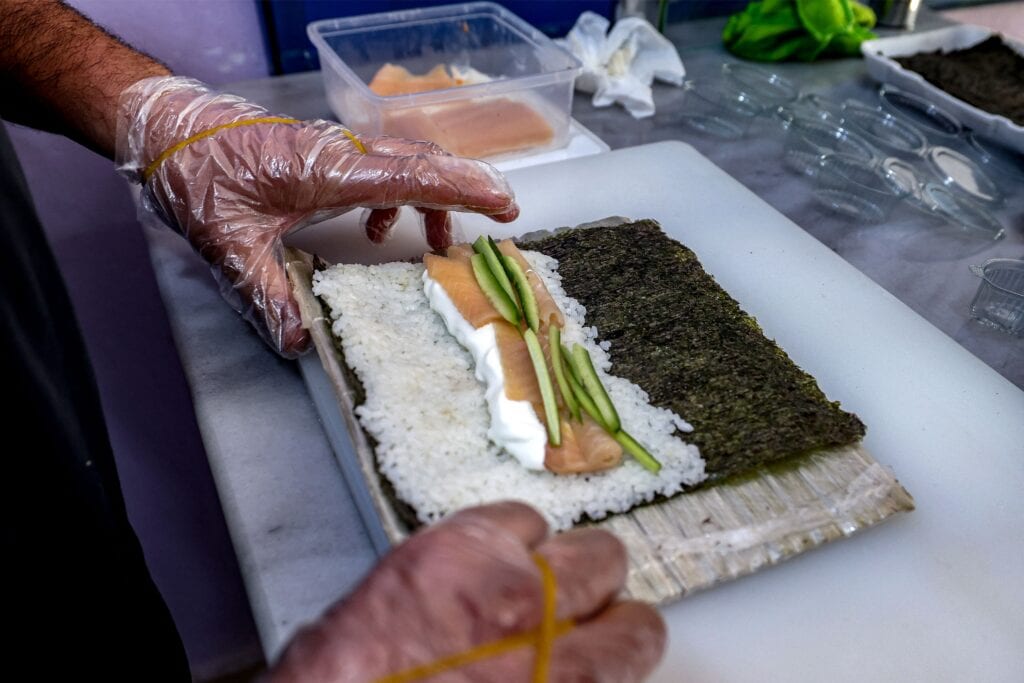
A new study that was conducted in Japan suggests there’s more to sushi than just a delicious dinner.
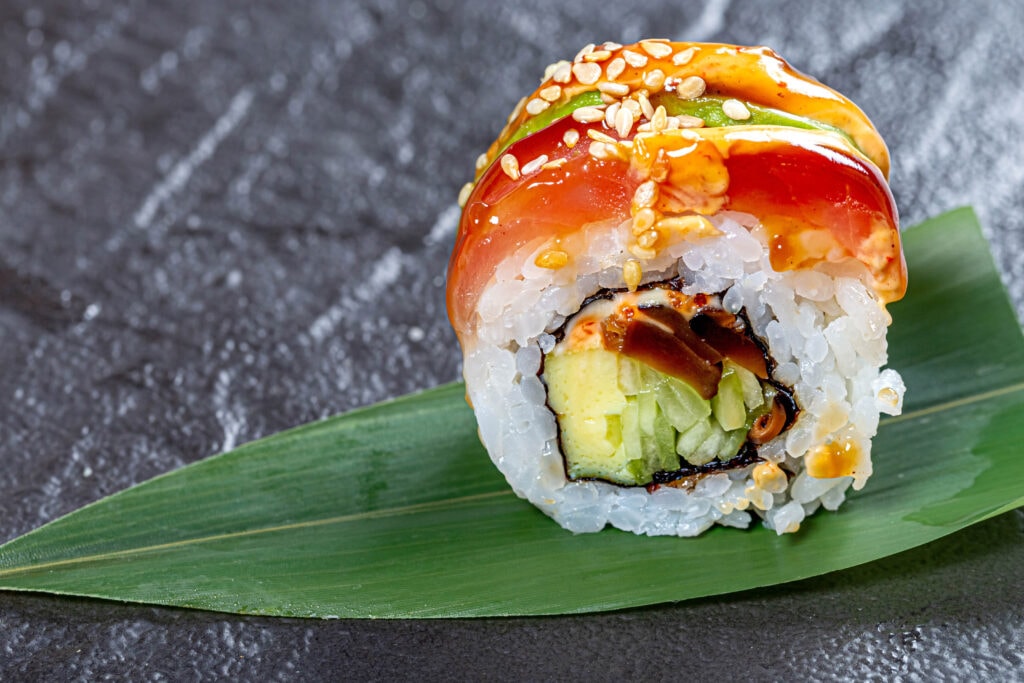
Researchers at Tohoku University have recently found that wasabi–the spicy green condiment traditionally dabbed on the beloved dish–improves both short- and long-term memory.
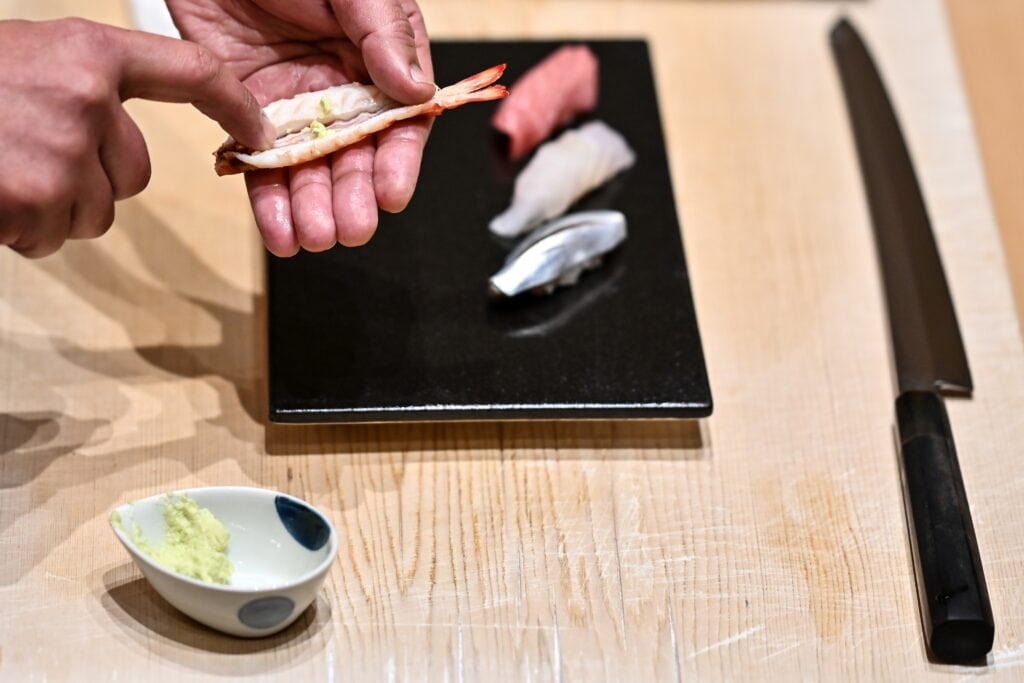
Rui Nouchi, the study’s lead researcher and an associate professor at the school’s Institute of Development, Aging and Cancer, told CBS News about the results.
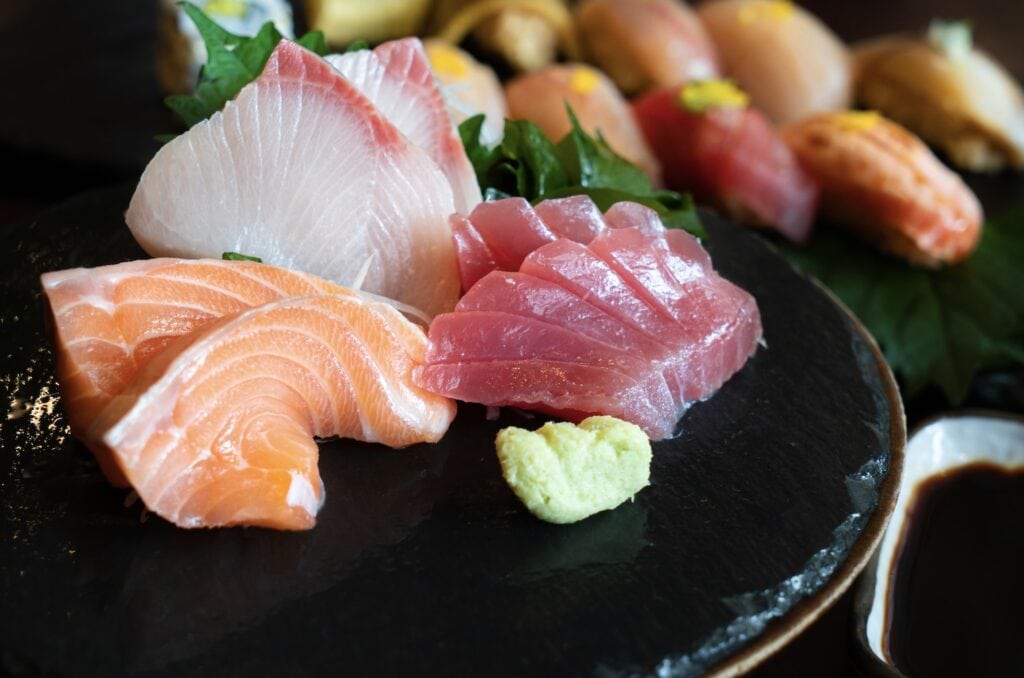
While the study was based on a limited sample of subjects without preexisting health conditions, the results still exceeded their expectations.
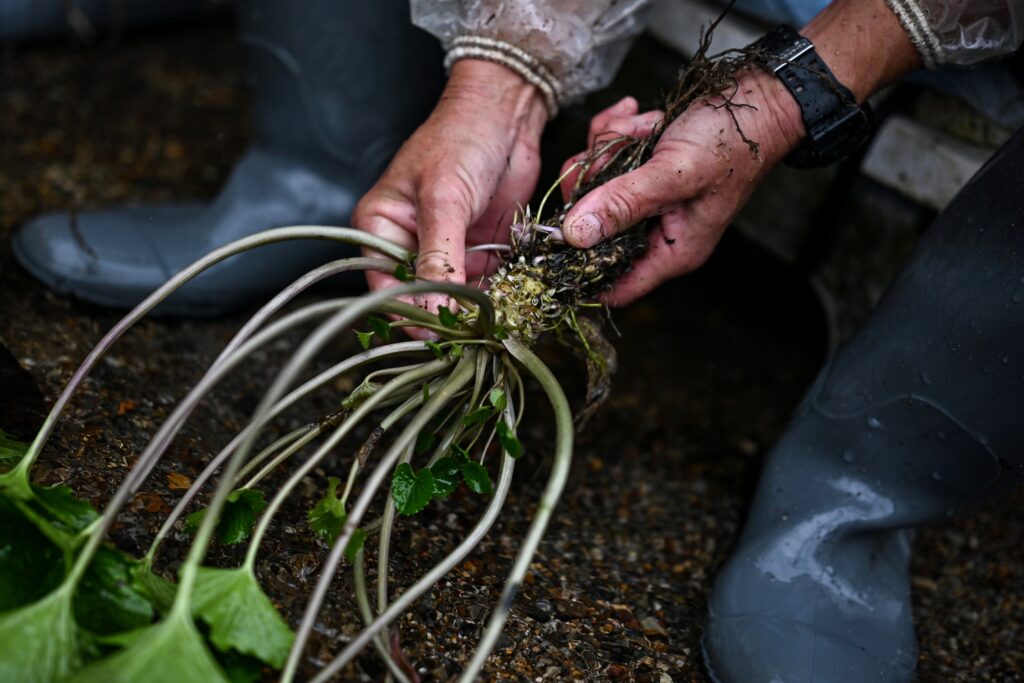
“We knew from earlier animal studies that wasabi conferred health benefits,” he said in an interview from his office in northeast Japan.
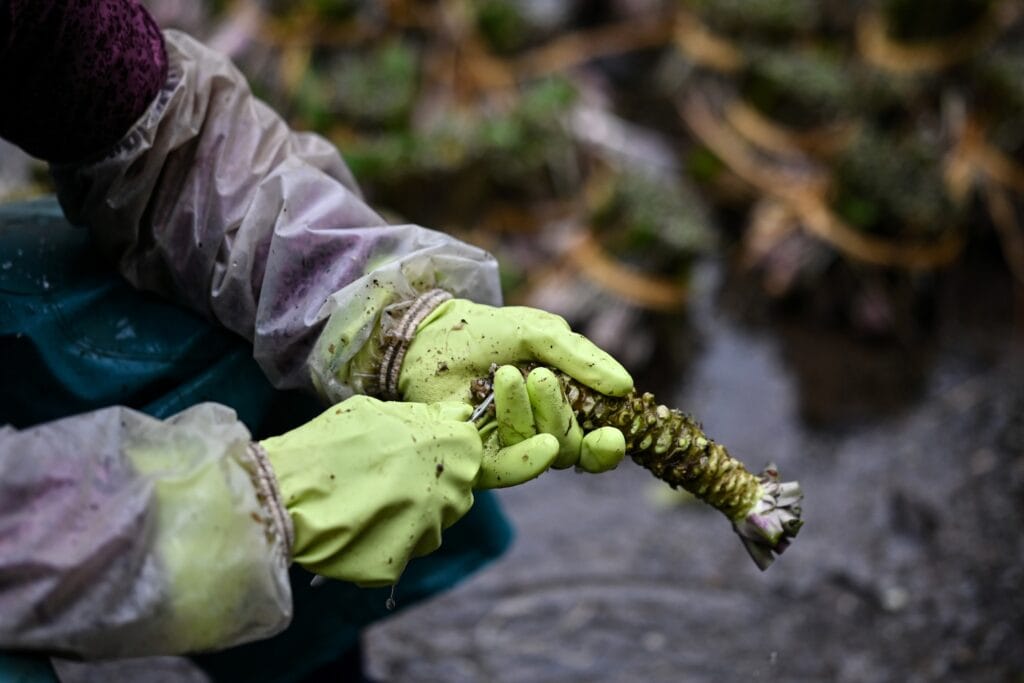
“But what really surprised us was the dramatic change,” he continued. “The improvement was really substantial.”
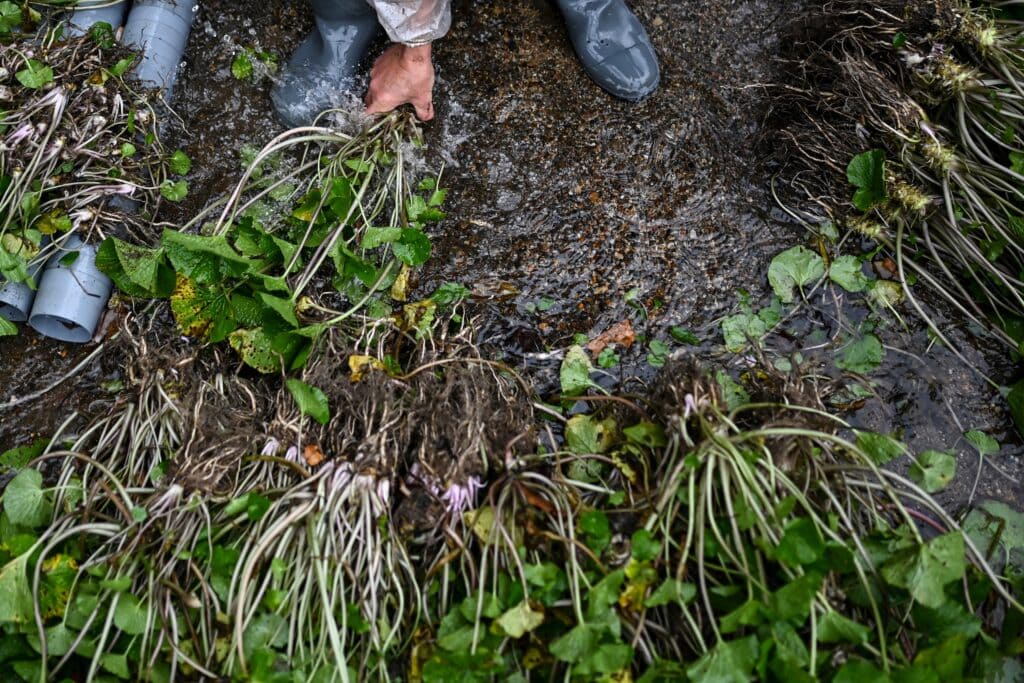
The main active component of Japanese wasabi is a biochemical called 6-MSITC, a known antioxidant and anti-inflammatory known to exist in only trace amounts elsewhere throughout the plant kingdom, Nouchi said.
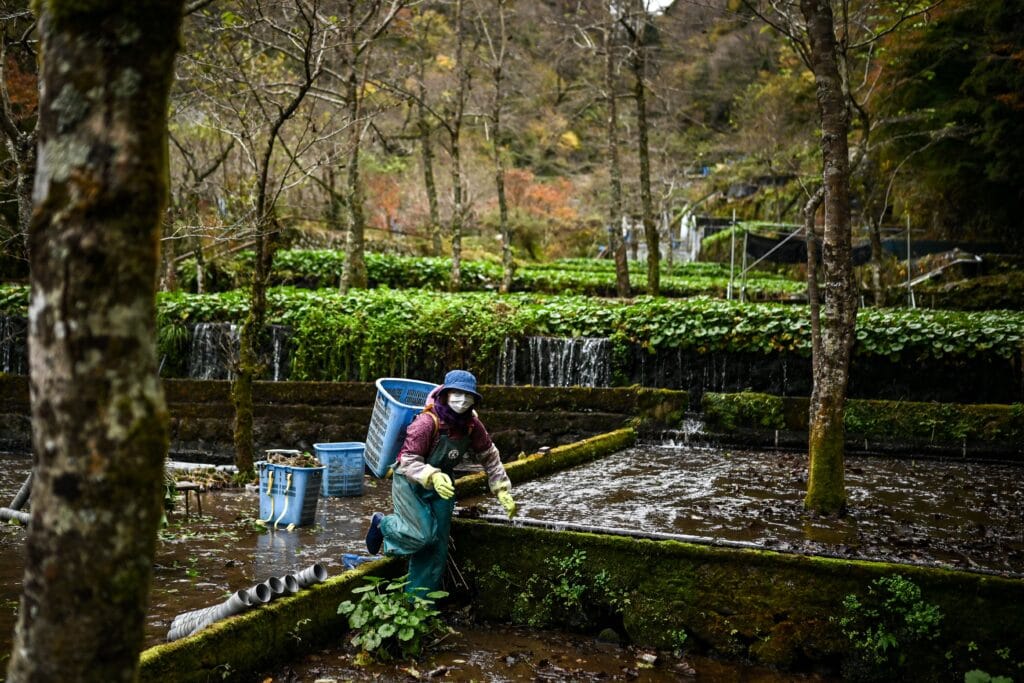
According to CBS News, the double-blind, randomized study involved 72 healthy subjects, aged 60 to 80.
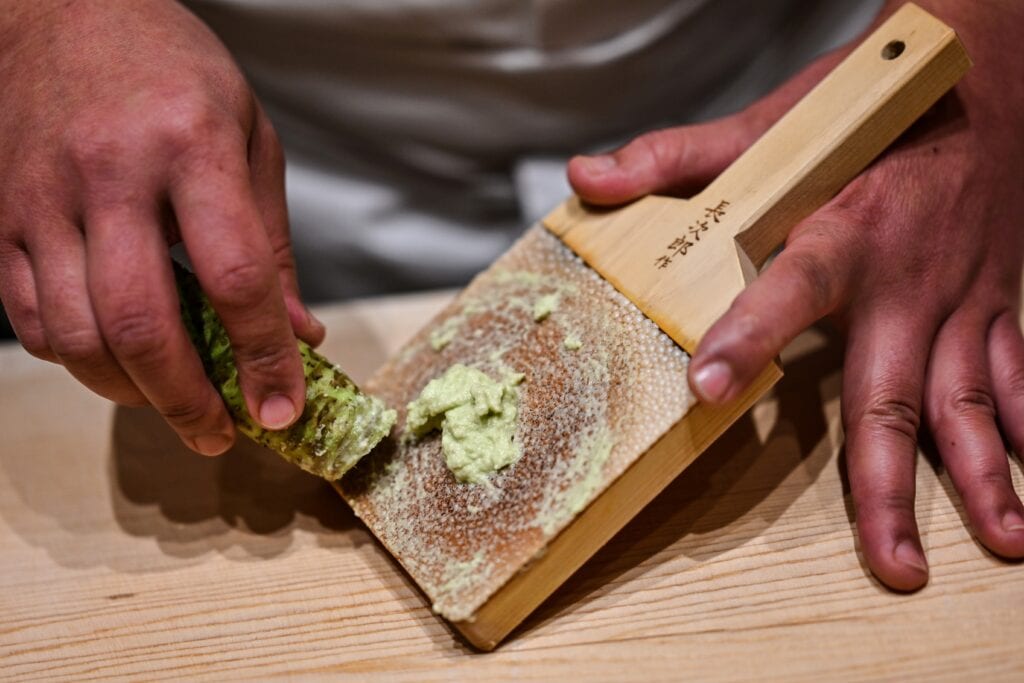
Half of the subjects took 100 milligrams of wasabi extract at bedtime, with the rest receiving a placebo.
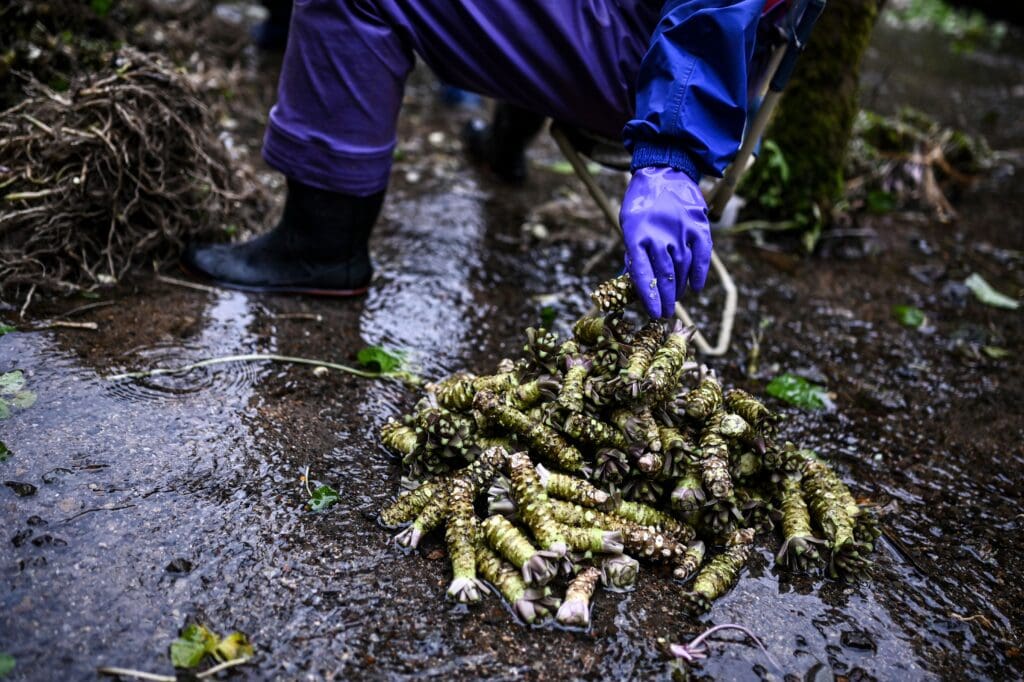
After three months, the treated group registered “significant” boosts in two aspects of cognition, working (short-term) memory, and the longer-lasting episodic memory, based on standardized assessments for language skills, concentration and ability to carry out simple tasks.
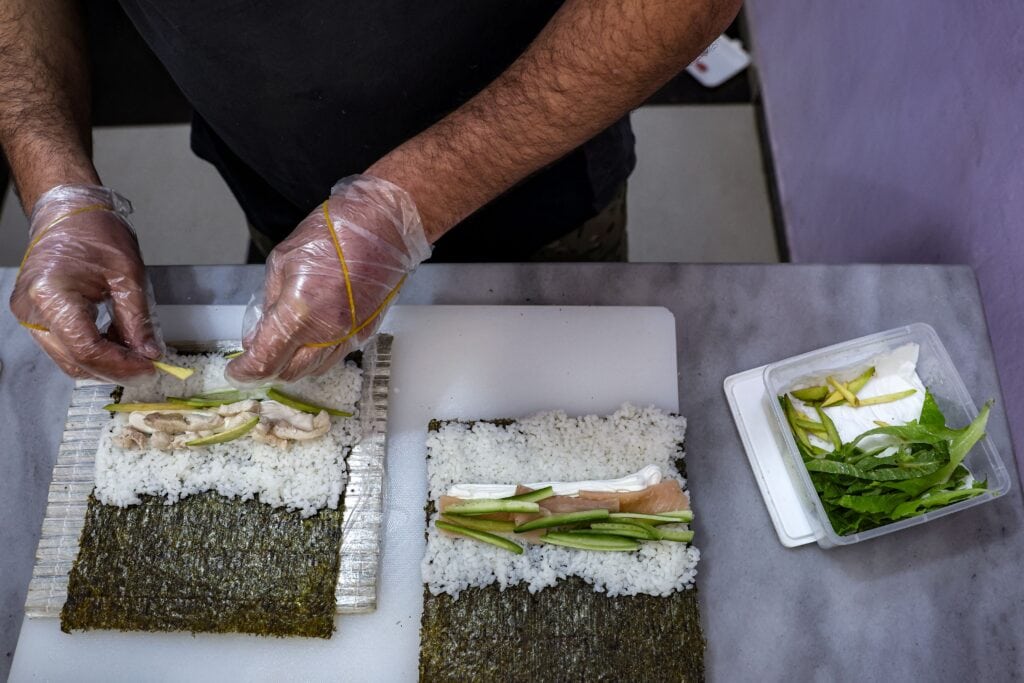
No improvement was seen in other areas of cognition, such as inhibitory control (the ability to stay focused), executive function or processing speed.
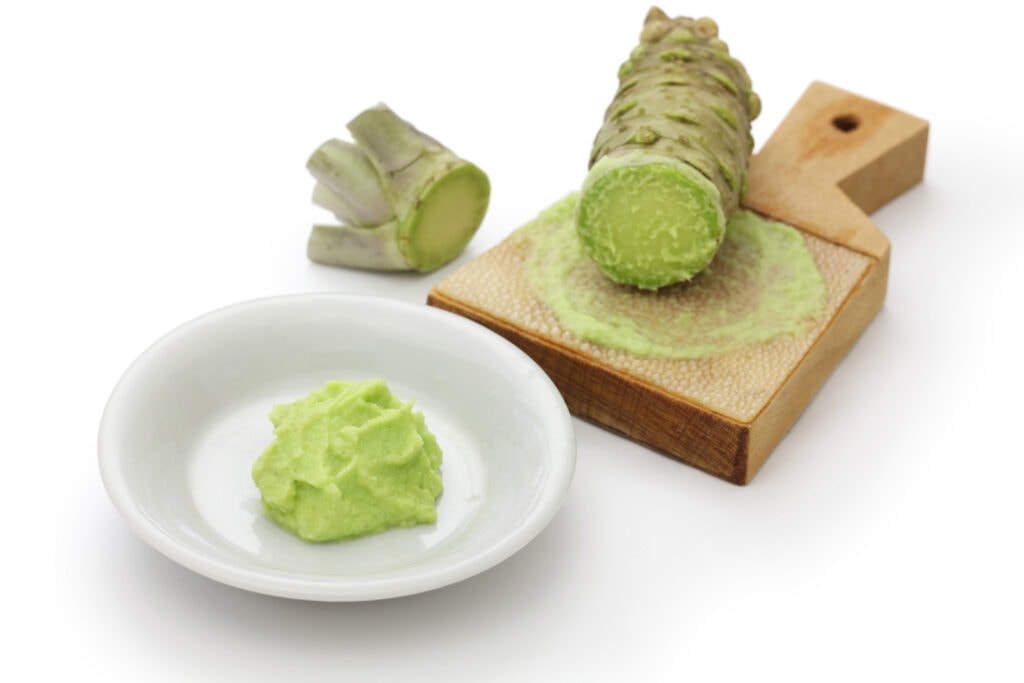
The subjects who received the wasabi treatment saw their episodic memory scores jump an average of 18%, according to Nouchi, and scored on average 14% higher than the placebo group overall.
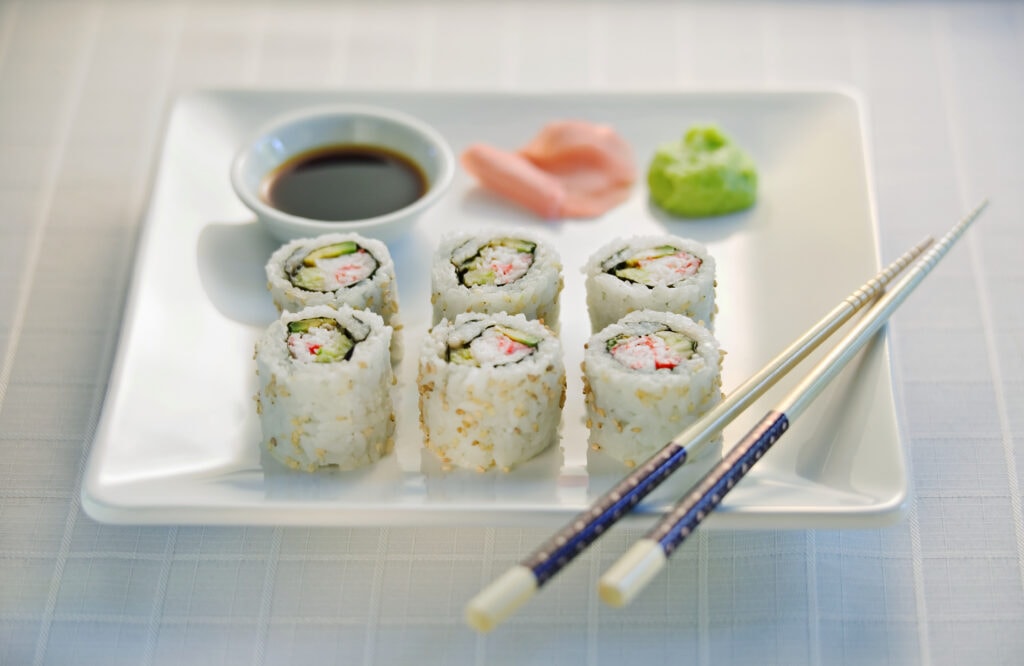
The researchers theorized that 6-MSITC reduces inflammation and oxidant levels in the hippocampus, which is the area of the brain responsible for memory function, and boosts neural plasticity.
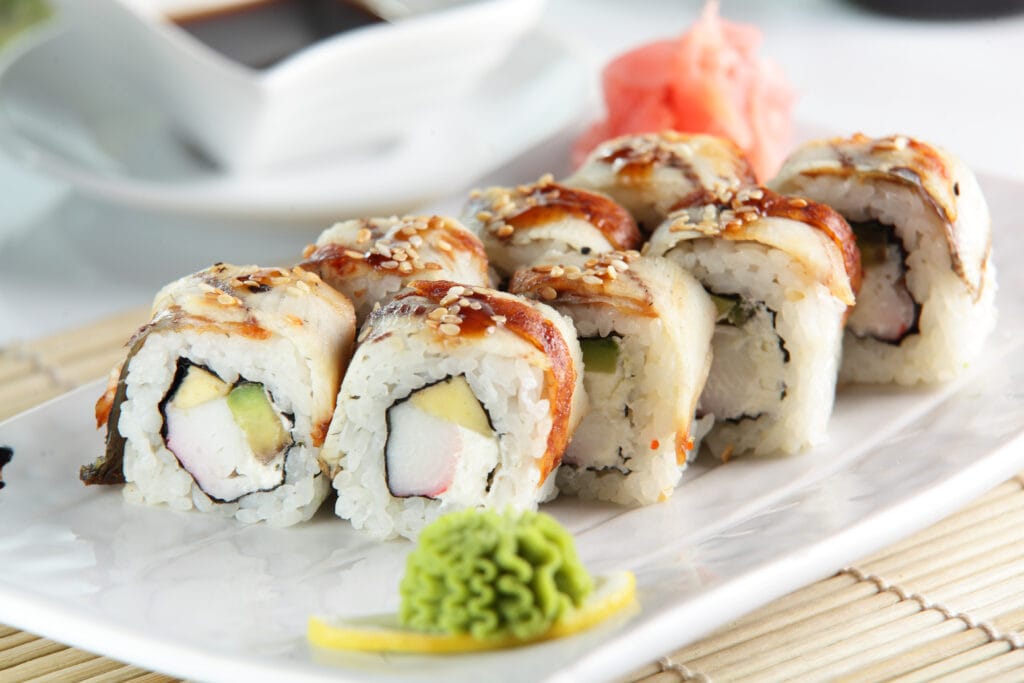
Compared with the control group, the study said, subjects dosed with wasabi “showed improved verbal episodic memory performance as well as better performance in associating faces and names, which is often the major memory-related problem in older adults.”
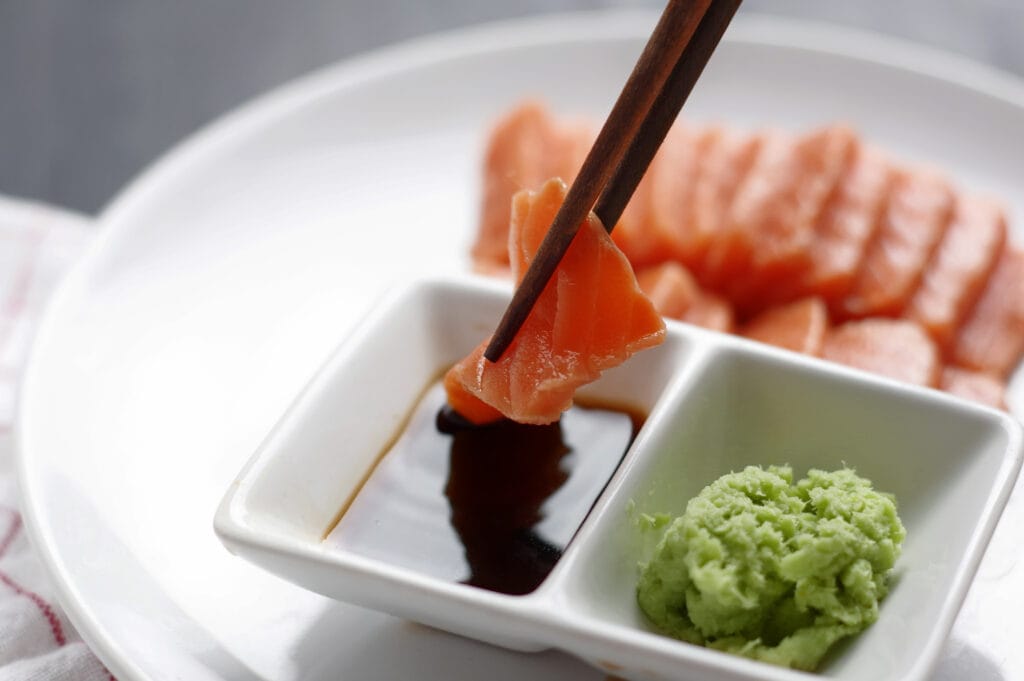
Wasabi is a member of the mustard family of plants.
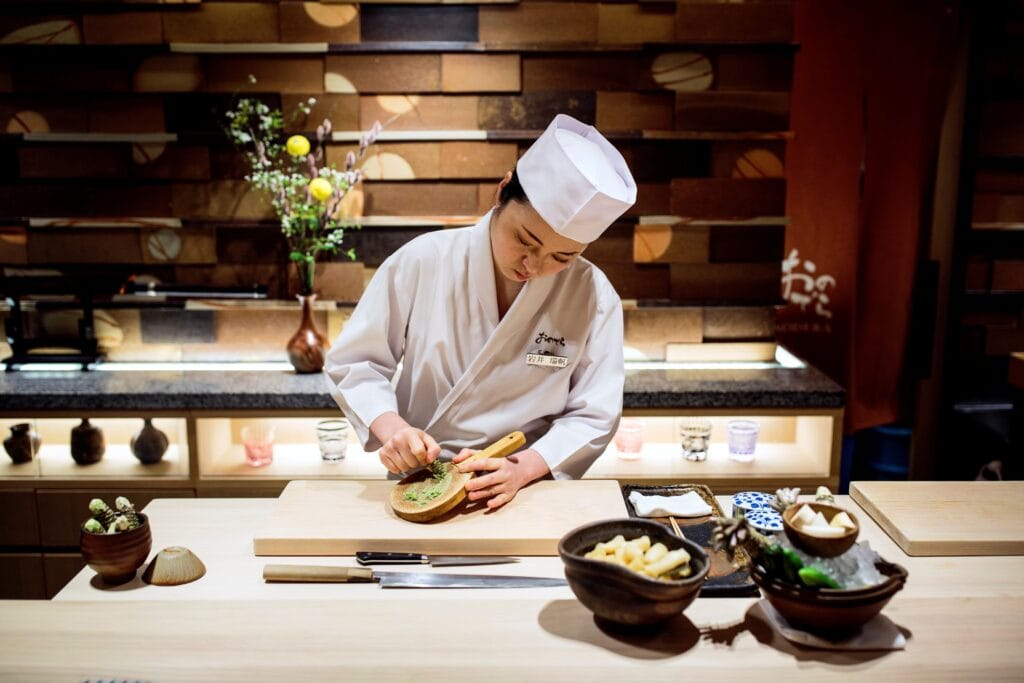
The spicy condiment paste made with it became prized in Japan centuries ago for its antimicrobial properties.
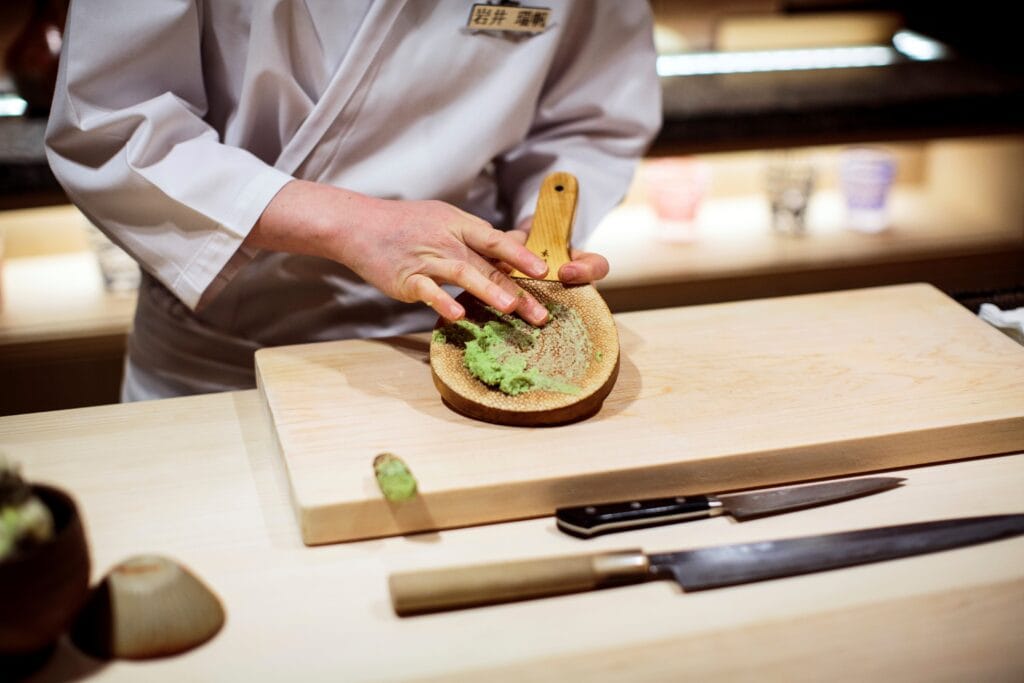
Those properties make it capable of killing off foodborne pathogens such as E-coli and staphylococcus, while its flavor and aroma complement seafood.

Being a specialist in dementia prevention, Nouchi landed on wasabi treatment after finding high dropout rates with conventional methods of preserving brain health, such as the Mediterranean diet, exercise and music therapy.
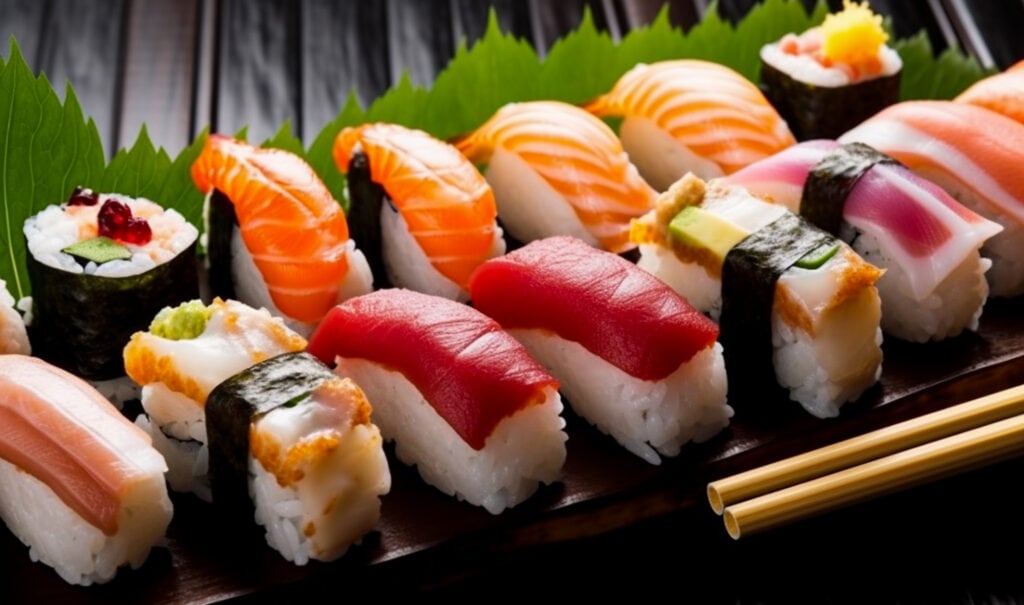
He decided a daily supplement would be more sustainable, especially for seniors, while offering more benefit than other anti-inflammatory, antioxidant spices such as ginger and turmeric.
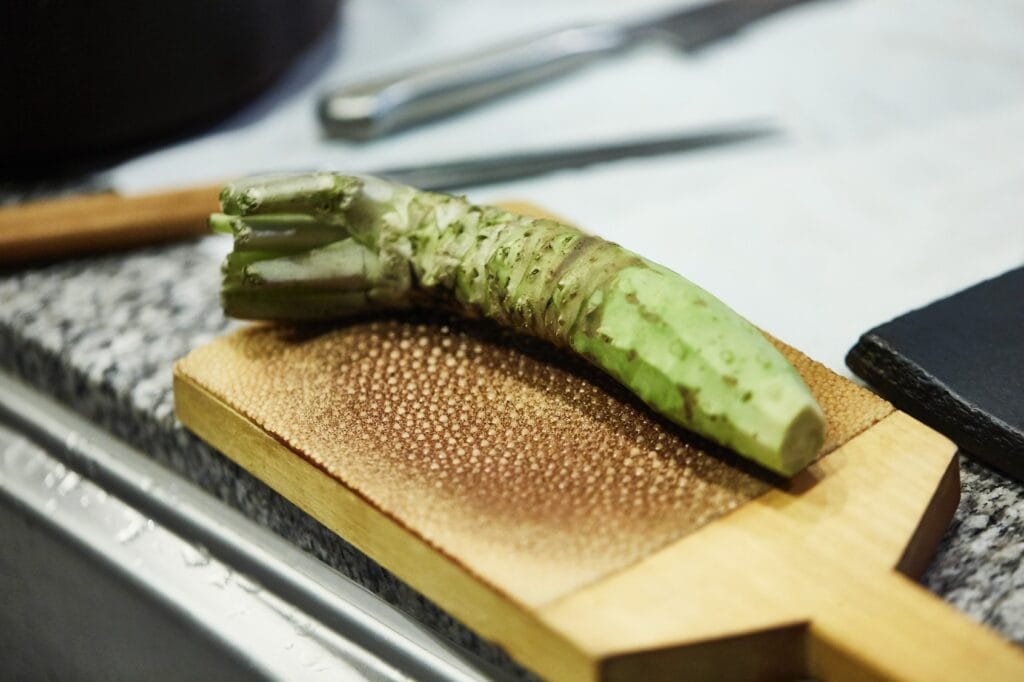
Now the Tohoku University team aims to test wasabi on other age groups and explore whether the spice can slow cognitive decline in dementia patients.
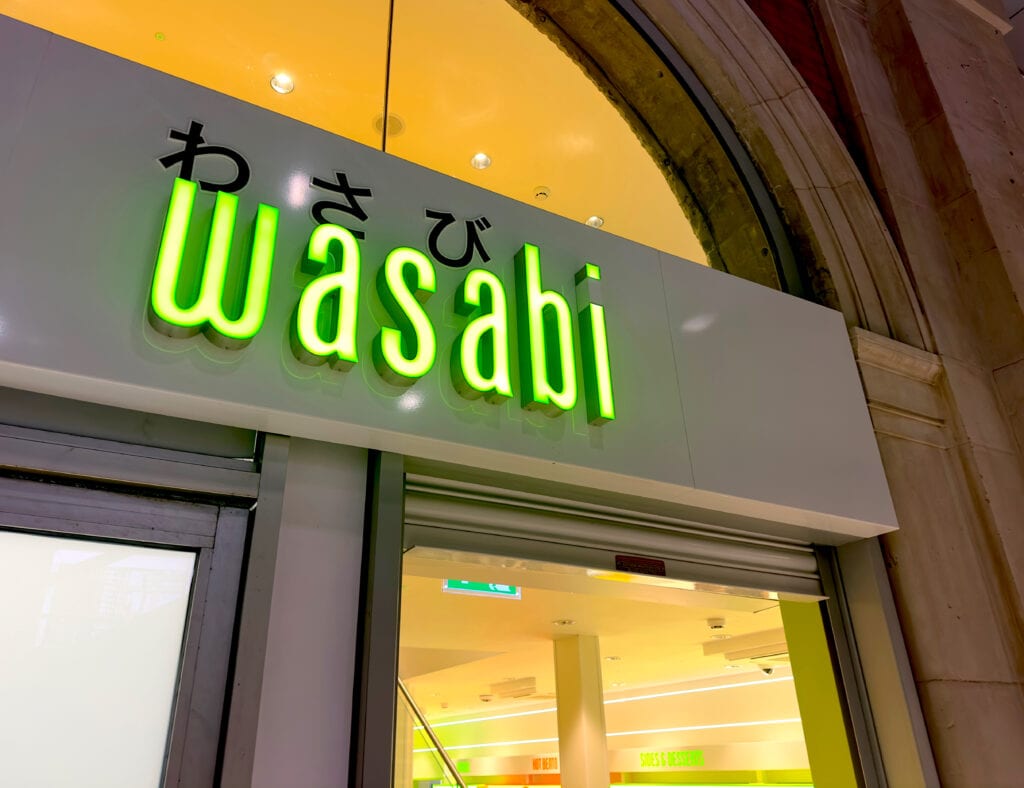
Unfortunately, the wasabi you get with your sushi might not be the real thing. The paste served at nearly all sushi bars — even the ones in Japan — is almost certainly an impostor.
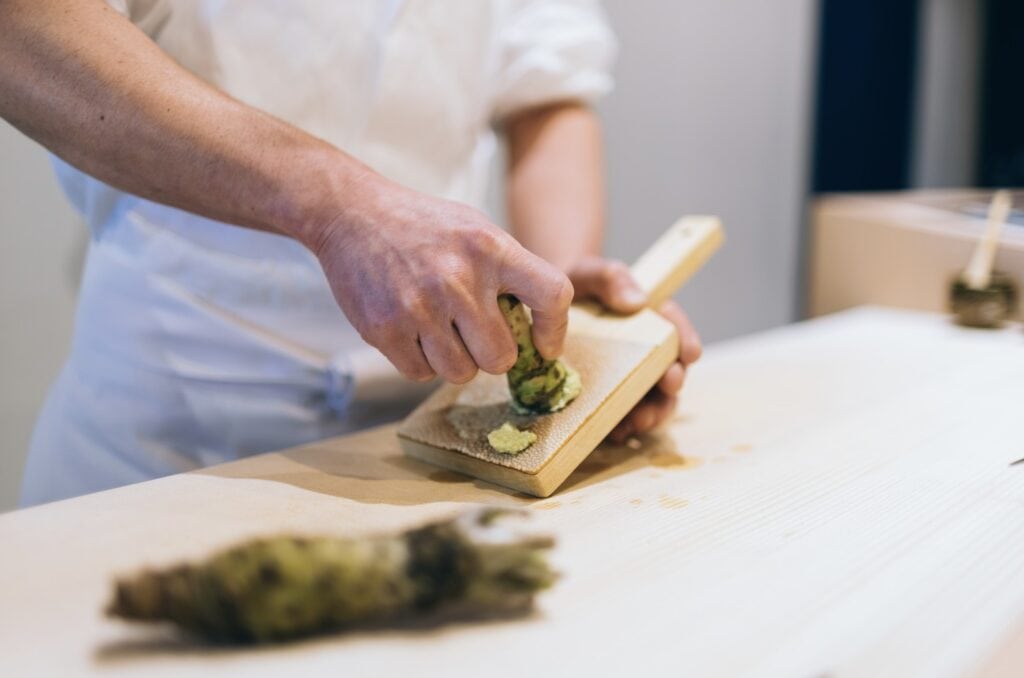
Native to Japan, wasabi is notoriously difficult to cultivate.
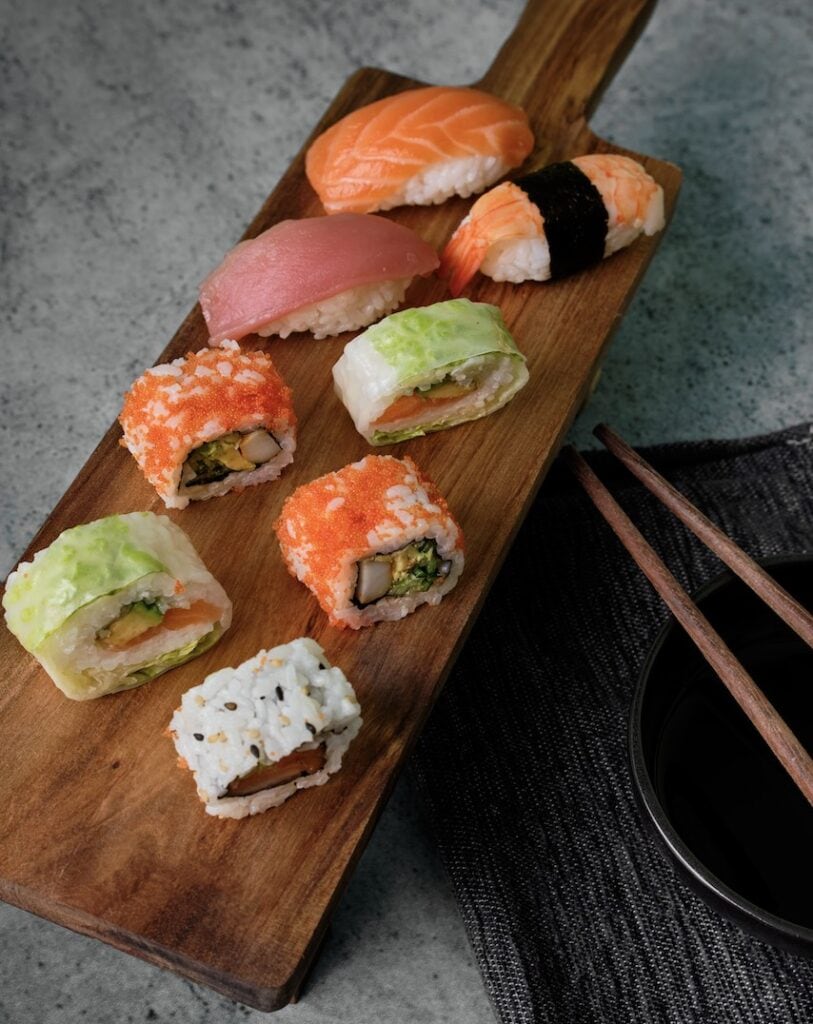
Far more common than the real thing is a very convincing replacement, which is usually made of white horseradish, dyed green.
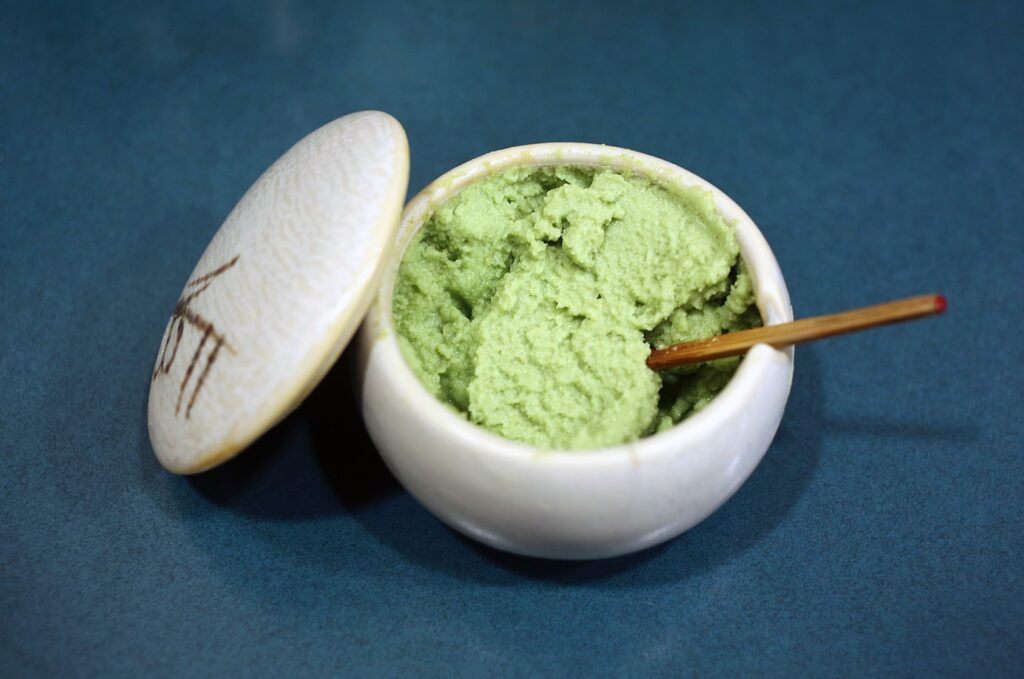
The plant takes nearly two years to reach maturity and requires exacting temperature, shade, gravel and water conditions. It can cost more per pound than even the choice tuna it sits on.
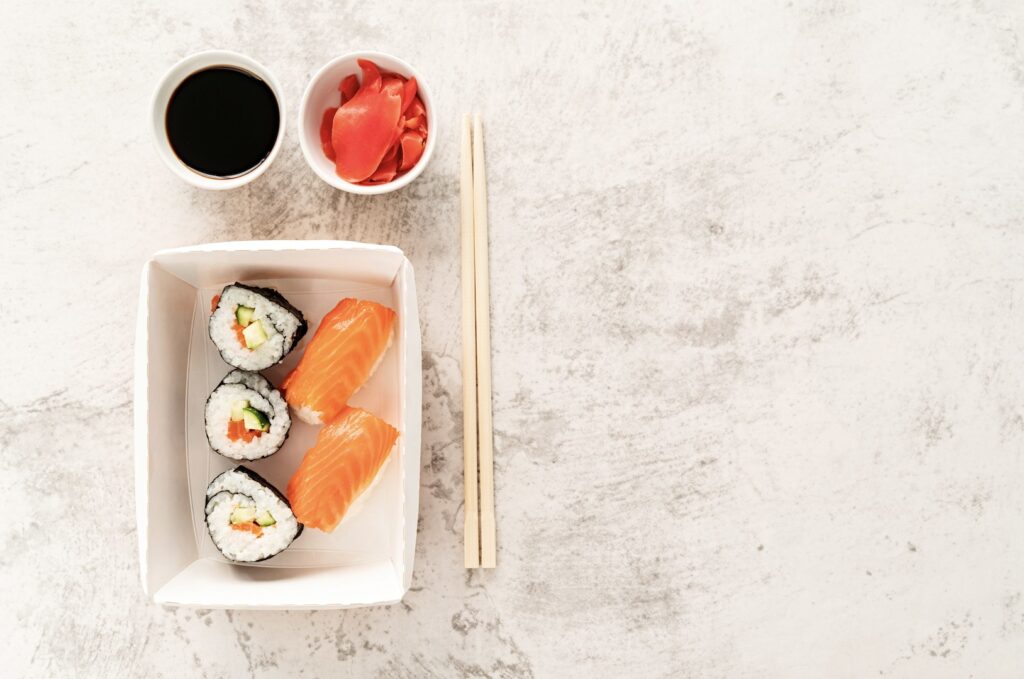
Genuine wasabi must be consumed fresh, with the stubbly rhizome, or stem of the plant, grated tableside just before eating.
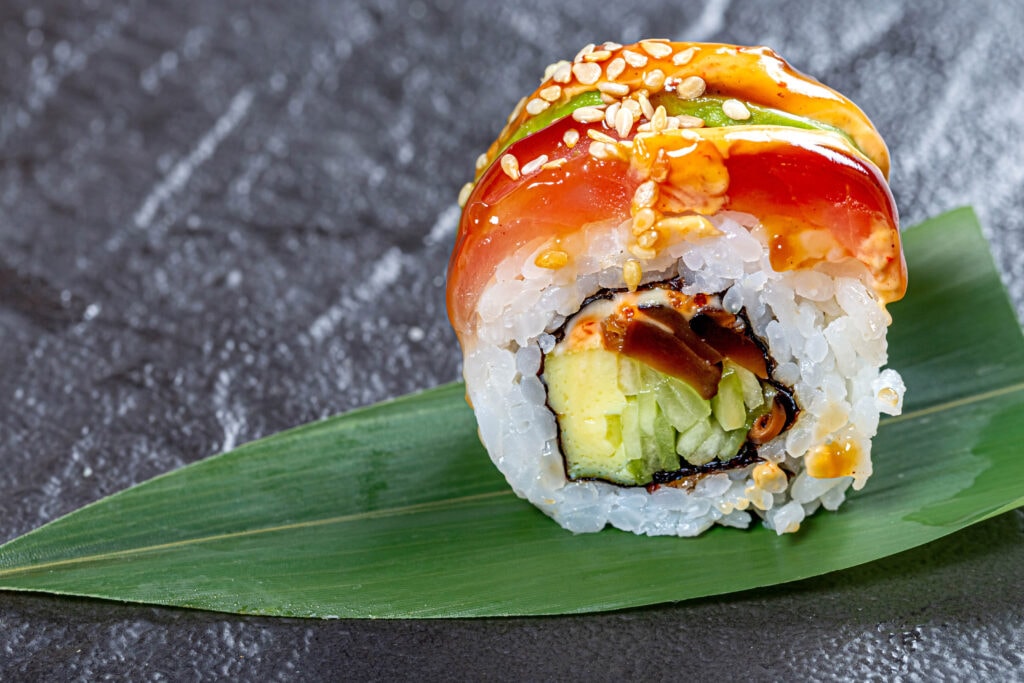
On the plus side, just a small dab offers the same benefits as the capsule supplements used in the Tohoku study, or 0.8 milligrams of 6-MSITC.
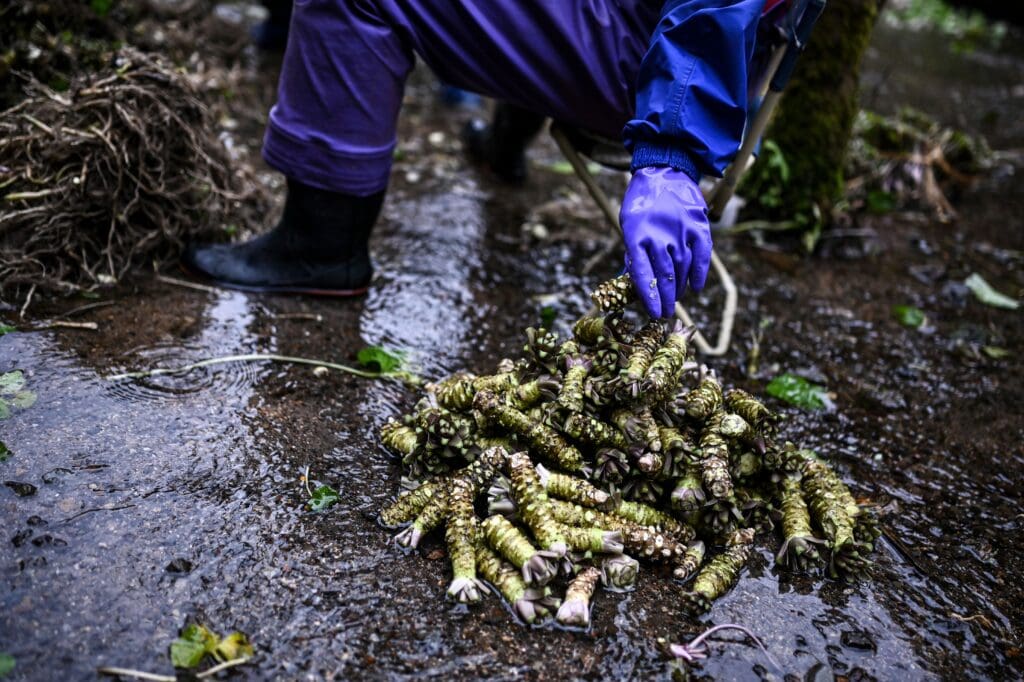
The Tohoku University study was published in the journal Nutrients. A wasabi company, Kinjirushi Co., provided funding, though the researchers say the company had no role in the study itself.
